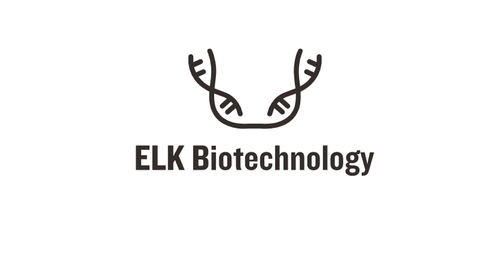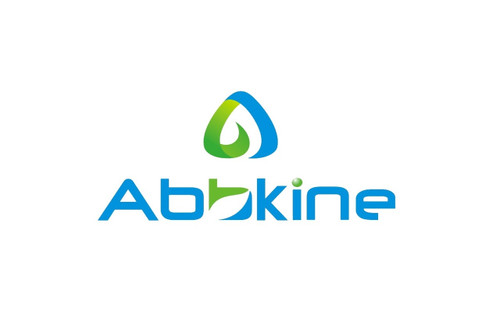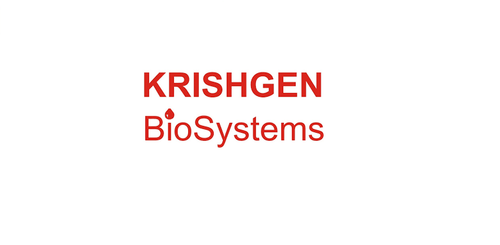Product Description
Human Relaxin 2 (RLN2) ELISA Kit | AE22054HU | Abebio
Species Reactivity: Human (Homo sapiens)
Abbreviation: RLN2
Alternative Name: H2; RLXH2; bA12D24.1.1; bA12D24.1.2; prorelaxin H2|relaxin H2|relaxin; ovarian; of pregnancy
Application: ELISA
Range: 5.33-200 pg/mL
Sensitivity: 1.33 pg/mL
Intra-Assay: ≤4.4%
Inter-Assay: ≤7.8%
Recovery: 0, 94
Sample Type: Serum, Plasma, Other biological fluids
Detection Method: Sandwich
Analysis Method : Quantitive
Test Principale: This assay employs a two-site sandwich ELISA to quantitate RLN2 in samples. An antibody specific for RLN2 has been pre-coated onto a microplate. Standards and samples are pipetted into the wells and anyRLN2 present is bound by the immobilized antibody. After removing any unbound substances, a biotin-conjugated antibody specific for RLN2 is added to the wells. After washing, Streptavidin conjugated Horseradish Peroxidase (HRP) is added to the wells. Following a wash to remove any unbound avidin-enzyme reagent, a substrate solution is added to the wells and color develops in proportion to the amount of RLN2 bound in the initial step. The color development is stopped and the intensity of the color is measured.
Product Overview: Relaxins are known endocrine and autocrine/paracrine hormones, belonging to the insulin gene superfamily. In the human there are three non-allelic relaxin genes, RLN1, RLN2 and RLN3.RLN2 consists of an A chain and a B chain but their cleavage sites are not definitely described yet. Relaxin is produced by the ovary, and targets the mammalian reproductive system to ripen the cervix, elongate the pubic symphysis and inhibit uterine contraction. It may have additional roles in enhancing sperm motility, regulating blood pressure, controlling heart rate and releasing oxytocin and vasopressin. There are two alternatively spliced transcript variants encoding different isoforms described for this gene. Serelaxin, recombinant human relaxin-2, is a vasoactive peptide hormone with many biological and haemodynamic effects.
Stability: The stability of ELISA kit is determined by the loss rate of activity. The loss rate of this kit is less than 5% within the expiration date under appropriate storage condition. The loss rate was determined by accelerated thermal degradation test. Keep the kit at 37°C for 4 and 7 days, and compare O.D.values of the kit kept at 37°C with that of at recommended temperature. (referring from China Biological Products Standard, which was calculated by the Arrhenius equation. For ELISA kit, 4 days storage at 37°C can be considered as 6 months at 2 - 8°C, which means 7 days at 37°C equaling 12 months at 2 - 8°C) .
 Euro
Euro
 USD
USD
 British Pound
British Pound
 NULL
NULL












